
Sudden Zing, Lingering Questions
Most people don’t realize that a straightforward dental visit can “flip the script” in under a minute. One second, you’re daydreaming about your lunch plans; the next, you’re home on the couch, face tingling, mind racing with one thought: my dentist hit a nerve how long to get better? Sound familiar? Gosh, I remember that icy jolt—part surprise, part “wait, should I call someone?” Yeah, you’re not imagining it… and you’re definitely not alone.
It happened to me after a simple filling. Suddenly, I was obsessively touching my chin, then Googling “How long until I stop feeling like half a robot?” Let’s walk through this together—lingering numbness, weird zaps, and all. I promise no boring textbook, just honest talk, a few laughs, and (hopefully) some peace of mind.
Nerves: Closer Than You Think
Here’s something wild—I didn’t realize how close your nerves are to the “action.” Dentistry’s a game of millimeters. A slip, a deep shot, or even some swelling, and boom—a nerve can get surprisingly cranky. It pops up most when getting wisdom teeth yanked or a deep injection, but it can happen from unexpected inflammation, too.
Picture it: you’re lying there, and suddenly—whoa, was that a weird spark? Or maybe, like me, everything felt normal until three hours later, and only then did my lip go tingly. Either way, nerves love to make themselves known. The two main players are the inferior alveolar nerve (runs through your jaw, gives feeling to your lower lip and chin) and the lingual nerve (team taste bud—side of your tongue).
Did They Hit or Merely Nudge?
Truth is, most of the time? It’s not even an outright “hit.” It’s almost always a graze, maybe some swelling pressing on the nerve, not a big drama. (Picture your phone cord getting a little tugged under a chair leg… not yanked out of the wall.) But even that’s enough to throw off your sense for a few days—or more.
| Type | Symptoms | Typical Recovery |
|---|---|---|
| Irritation | Quick zap, mild tingling, fades | Days to 2 weeks |
| Compression | Persistent numbness, slow tingling | Weeks to months |
| Severe damage (rare) | Intense numbness, weakness, loss of taste or control | Months or longer; possibly not complete |
Personal detour:
I freaked out for two days. My best friend Tim reassured me—his dad is a dentist. “Seriously, nerves are dramatic, but not vindictive,” he joked. Usually, it’s a story you laugh about in a few weeks.
Feeling Weird? Let’s Decode the Signals
So, what should you actually be watching for? Let’s run through the symptoms of nerve damage after tooth extraction — or, really, after any dental work where a nerve got irked.
- A numb or “asleep” feeling in your lip, chin, tongue, or gums
- Tingling or “pins and needles” (like sitting on your foot… but in your face!)
- A shocking jolt of pain—sometimes out of nowhere, sometimes only when sipping something cold
- Unusual tastes, trouble chewing, or even trouble speaking
Slight pain or tingling? Annoying, but basically a weird “hangover” from the dental adventure. But if your numbness never changes, or gets suddenly worse… that’s your cue to phone the dentist, not Dr. Google.
Why Do They Linger?
Ever had a bruise that outstayed its welcome? Now imagine that bruise is wrapped around the “phone cable” between mouth and brain. Nerves are slowpokes when it comes to healing. One dentist told me, “Skin’s like a sprinter, but nerves—oh, they’re marathoners.” And it’s true; nerves have a way of sulking for weeks, then suddenly springing back overnight.
Spot the warning signs early:
- Pins and needles lasting longer than a week
- Numbness that isn’t shrinking, or is spreading
- Loss of taste, weakness, or drooling (awkward but real!)
Wasn’t sure? Bookmark symptoms of nerve damage after tooth extraction, and check yourself every couple of days. If anything feels off, ask for help. (No need to play the tough guy.)
Okay—So… Just How Long Does This Last?
Buckle up: here’s the core, the burning question…
My dentist hit a nerve how long to get better? Ah, the suspense. I wish I could tell you “three days exactly”—how lovely would that be? But, let’s keep it real: no two mouths heal alike, just like no two people bounce back after a rough workout on the same schedule.
BUT—broad strokes, real numbers—here’s what research on dental nerve healing says:
- If it’s “just irritated”? You’ll feel steady improvement in about 3-7 days. Kind of like a bruise: each day, a tiny bit better.
- If the nerve got compressed or lightly banged up? Give it 2-8 weeks. You’ll probably notice tingles fading, then a “hey, wait, that spot feels like me again!” moment. That’s your sign it’s working.
- Full-on nerve injury (super rare, but let’s stay honest)? Healing could stretch several months—maybe even six months+ in weird cases. Even then, most folks see some partial recovery. (Permanent loss is so rare you could probably win the lottery sooner… but, yeah, don’t ignore red flags.)
One study found 85% of folks had everything back to normal inside 8 weeks after a dental injection “oops.” (Not a bad stat!) see recovery numbers here.
Recovery Speeds: The Not-So-Scientific Table
| Severity | Expected Recovery | What Helped Most |
|---|---|---|
| Minor irritation | 3 days to 2 weeks | Time, patience, gentle chewing, some ibuprofen |
| Moderate nerve injury | 2-8 weeks | Rest, follow-up visits, avoiding hot/cold, maybe vitamin B12 |
| Serious injury (rare) | 2-6+ months | Specialist help, ongoing checks, and nerve-specific treatment |
Could Anything Speed It Up? Let’s Talk Good Habits
You can’t force nerves to hurry up (trust me, I’ve tried manifesting), but little things make a massive difference. Here’s my “greatest hits” playlist for gentle nerve healing:
- Saltwater rinses twice a day (like giving your mouth a spa day… cheap, soothing, and keeps the germs down)
- Eat soft, cool foods—yogurt, oatmeal, mashed potatoes. Give your jaw a break, and skip the tortilla chips for now.
- Avoid extremes (super-hot coffee, slushies, or chewing gum that feels weird)
- Chill out—literally. Hold a cold pack to your jaw, and catch up on your favorite show. (Doctor’s instructions, right?)
- If you’re feeling brave, gentle massage around—not on—the sore area can sometimes help blood flow. Light, though! Stay gentle. Check with your dentist if unsure.
Still feeling off after a couple of weeks? Swing by your dentist. Sometimes, they’ll recommend more targeted tips specific to your symptoms. There’s a whole world of ideas in treatment for nerve damage after tooth extraction—think meds, maybe nerve-supportive vitamins, or even referral to a specialist if things are dragging.
When to Worry (But Really, Don’t Panic)
If you get sudden pain that wasn’t there before, or stuff starts getting worse instead of better—yep, that’s your sign. Call. Don’t tough it out “just to see.” Mouth nerves can be fuzzy little drama queens, but they do know how to get help if they need it. For most people though, patience is painfully (pun intended) underrated! Give it time.
Stories from the Real World
My friend Jess couldn’t feel her tongue for a solid week after a wisdom tooth adventure. She texted the group chat, “Should I name my numb side? Leftie the Lingual?” Not gonna lie, we all found it hilarious; so did her dentist. “Don’t worry, Leftie will wake up soon,” she laughed.
By day eight, it was only half numb. Three weeks—gone, good as new. All that panic, and it just… faded. That’s most stories. (But if you’re the exception? Don’t let “out of sight, out of mind” keep you from a checkup.)
One more—my uncle lost feeling in his lower lip after an overly enthusiastic deep cleaning. Freaked him out. His dentist suggested patience and a gentle regimen pulled from treatment for nerve damage after tooth extraction — soft foods, warm compresses, and regular check-ins. Three months. That’s what it took. But it came back. (And he learned to floss religiously… so, hey, silver lining?)
Prevention and… Reflection
Listen, most dental pros are wildly careful. But if you’ve read this far, you want more than “just wait.” So ask your dentist—next time you need work—what steps they use to avoid nerve annoyances. Digital x-rays, 3D scans, even slow, conversational technique (“Tell me if you feel anything odd!”) go a long way.
For us, it’s about speaking up, tracking symptoms, and checking out symptoms of nerve damage after tooth extraction so we know what to flag.
Wrapping It Up: You+Time=Healing (…Usually!)
So, my dentist hit a nerve how long to get better? The classic “it depends” answer… but here’s the gist: drops of patience, a dash of self-care, and an ounce of communication carry you a long way. Most people see big changes within a month, nearly all in under three. Those rare stubborn cases? They’re real, but help is always there if you keep asking questions.
I know… it’s stressful. You want answers, not “wait and see.” But if you’re reading this because you’re scared, believe me—every little tingle, every weird sip or numb smile, it’s part of a healing journey your body knows how to finish.
So, what now? Jot down your symptoms. Reach for gentle fixes (the old saltwater rinse never fails). Check out options in treatment for nerve damage after tooth extraction. Most of all, trust that your nerves are stubborn… but they want to get better as much as you do.
And next time you’re in that dental chair? Ask those questions, keep your sense of humor, and remember: you’re not just another nervous patient. You’re the hero of this “almost numb” comeback story. Rooting for you, my friend.

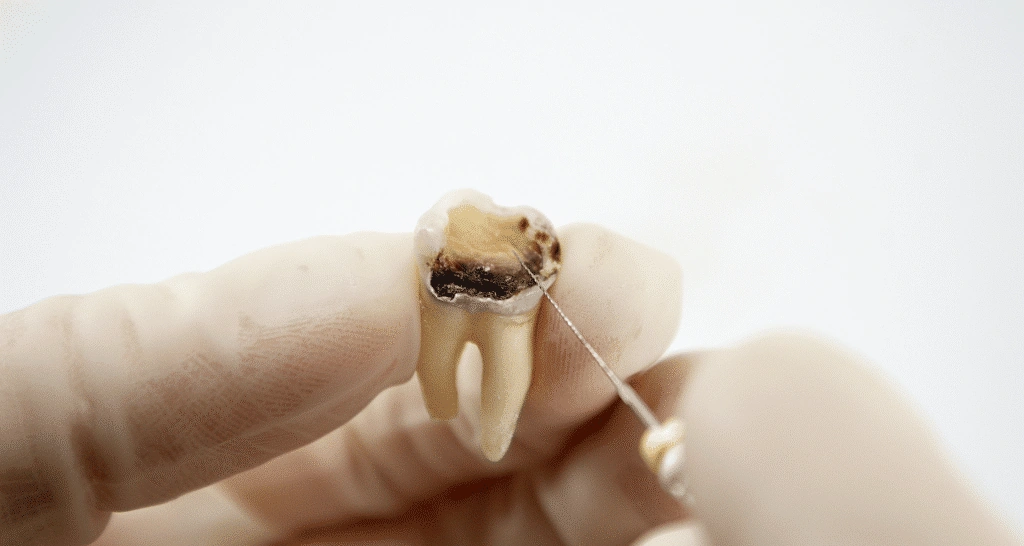


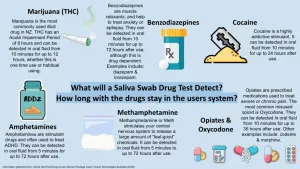

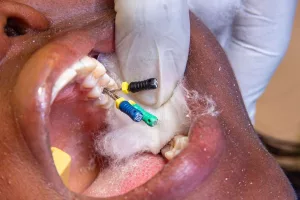

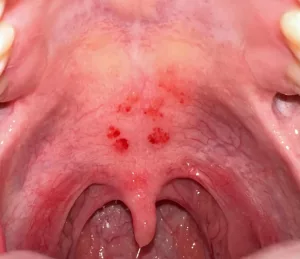
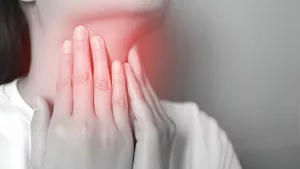

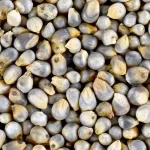
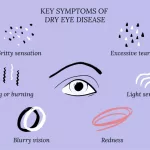

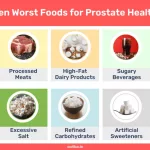




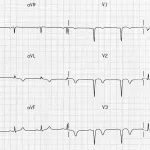


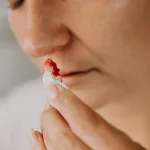

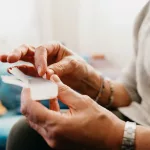
Leave a Reply
You must be logged in to post a comment.